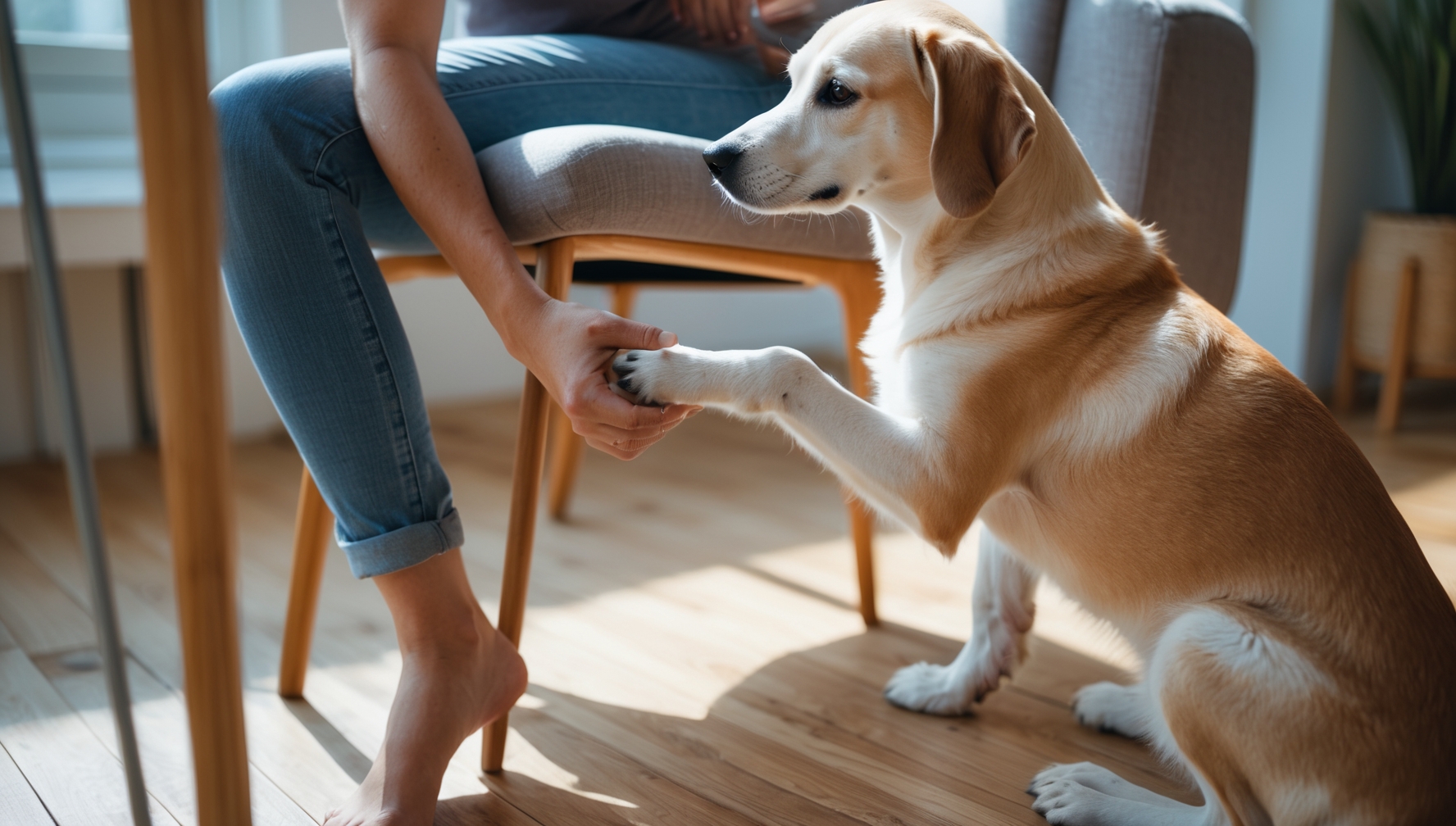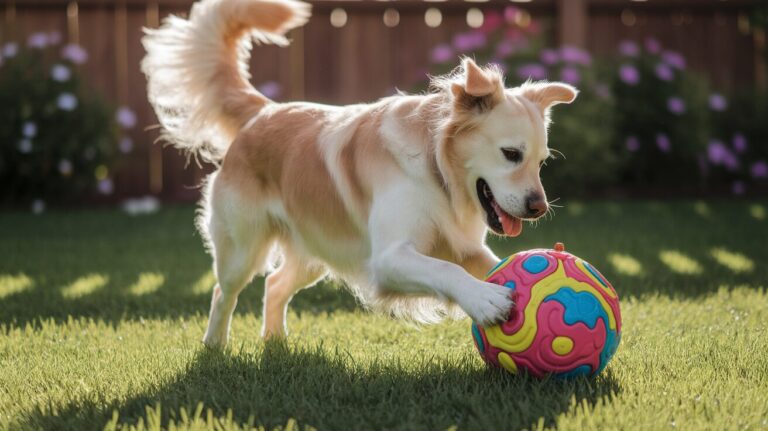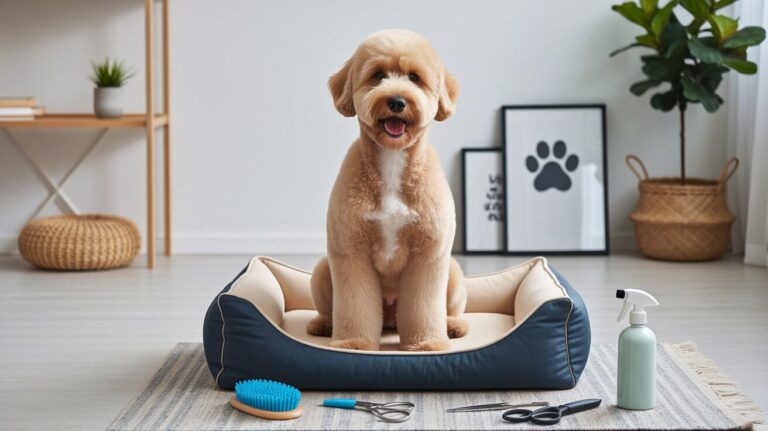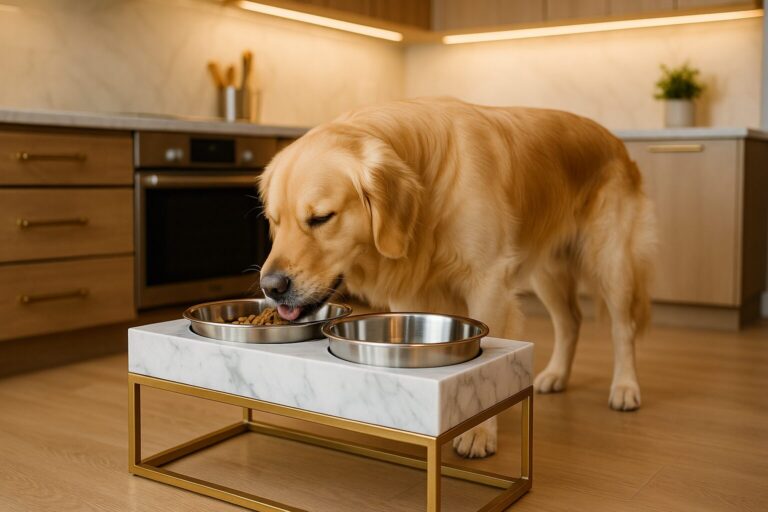Complete Dog Health Checklist: Spot Problems Early at Home
Have you ever wished you could spot health issues in your dog before they become serious? I know I have. As pet parents, we all want our dogs to stay happy, active, and healthy for as long as possible. The good news? You don’t have to wait for your vet to tell you something’s wrong. By learning a few simple at-home health checks, you can catch small problems before they turn into big ones and give your pup the best care possible.
Why Regular At-Home Dog Health Checks Matter
I learned the importance of regular health checks the hard way. A few years ago, my Labrador, Max, suddenly stopped running to the door to greet me. At first, I thought he was just having a lazy day. But when I checked him over, I noticed his gums looked pale—something I wouldn’t have realized if I hadn’t been paying attention. A quick vet visit revealed he had anemia caused by a tick-borne disease. Catching it early made all the difference in his recovery.
Here’s why routine at-home Dog health checks are so important:
- Prevent serious illnesses by spotting symptoms before they get worse.
- Save money by avoiding costly emergency vet visits.
- Strengthen your bond as your dog learns to trust you handling them.
- Give you peace of mind knowing you’re actively involved in their well-being.
Common Dog Health Problems & Early Signs to Watch For
Dogs can’t tell us when something’s wrong, so it’s up to us to look for signs that they’re feeling off. Here are some common issues and what to watch for:
Skin and Coat Issues
- Constant scratching or licking
- Red, flaky, or irritated skin
- Fur loss or bald patches
- Dull, dry, or greasy coat
Ear Infections
- Excessive head shaking or scratching
- A strong, unpleasant smell from the ears
- Redness, swelling, or discharge inside the ears
Dental Disease
- Bad breath (worse than usual!)
- Yellow or brown buildup on teeth
- Bleeding or swollen gums
- Difficulty chewing food
Digestive Problems
- Vomiting or diarrhea that lasts more than a day
- Sudden loss of appetite
- Weight loss or bloating
Joint and Mobility Issues
- Limping or stiffness when walking
- Struggling to jump on furniture or go upstairs
- Sleeping more than usual or avoiding exercise
Parasites (Fleas, Ticks, Worms)
- Excessive scratching or biting at the skin
- Small black specks (flea dirt) in the fur
- Scooting or dragging their rear on the floor (sign of worms)
Behavioral Changes
- Becoming withdrawn or less playful
- Acting aggressively or fearfully
- Unusual potty accidents in a house-trained dog
Your Complete At-Home Dog Health Checklist
I do a quick check on my dog every week and a more thorough one each month. It only takes a few minutes and helps me feel confident that I’m keeping my pup in top shape.
General Appearance
- Does your dog look healthy and alert?
- Is their coat shiny and clean?
- Have they gained or lost weight suddenly?
Eyes, Ears, and Nose
- Are their eyes bright and clear (no redness or discharge)?
- Do their ears smell normal and look clean?
- Is their nose moist (not overly dry or runny)?
Teeth and Mouth
- Are their teeth free of heavy tartar buildup?
- Do their gums look pink (not pale or swollen)?
- Is their breath normal (not excessively foul)?
Paws and Nails
- Are their paw pads free of cuts, cracks, or sores?
- Are their nails a healthy length (not too long or cracked)?
Joint and Mobility Check
- Do they walk, run, and jump normally?
- Are they limping or showing stiffness after resting?
- Are they reluctant to play or exercise?
Parasite Check
- Any signs of fleas, ticks, or mites in their fur?
- Have they been scooting on the floor (which may mean worms)?
Overall Behavior and Mood
- Are they active, happy, and engaged?
- Have they been eating and drinking normally?
- Have you noticed any unusual anxiety or aggression?
Essential Preventive Care for a Healthy Dog
Even with regular at-home checks, some things should always be part of your dog’s routine care:
- Vet Visits: Schedule an annual checkup (or twice a year for senior dogs).
- Diet & Nutrition: Feed them a well-balanced, high-quality diet that suits their age and activity level.
- Dental Hygiene: Brush their teeth regularly and provide dental chews.
- Parasite Prevention: Keep up with flea, tick, and worm treatments.
- Exercise & Mental Stimulation: A tired dog is a happy dog—daily exercise and playtime are a must!
How Often Should You Do a Dog Health Check at Home?
- Weekly Quick Checks: Look at their eyes, ears, mouth, and coat for anything unusual.
- Monthly Full-Body Exam: Go through the full checklist, checking joints, weight, and behavior.
- Seasonal Vet Visits: Keep up with vaccinations, parasite prevention, and general health screenings.
Frequently Asked Questions (FAQs)
How do I know if my dog has a serious health issue?
If you notice persistent vomiting, difficulty breathing, sudden weight loss, or severe lethargy, call your vet immediately. Trust your gut—if something feels off, get professional advice.
What’s the best diet to keep my dog healthy?
A high-protein, balanced diet with whole ingredients is ideal. Avoid excessive fillers like corn and soy. Your vet can help tailor the right food for your dog’s age, breed, and health needs.
Can I rely on home checks without seeing a vet?
No, at-home checks are a great way to catch early signs of problems, but they don’t replace professional vet visits. Always follow up with your vet for regular exams and vaccinations.
What vaccinations does my dog need?
Core vaccines include rabies, distemper, parvovirus, and adenovirus. Your vet may recommend additional shots based on your dog’s lifestyle.
How do I prevent fleas and ticks?
Use monthly flea and tick prevention, regularly wash bedding, and check their fur after outdoor adventures.
Conclusion: Stay Proactive About Your Dog’s Health
Our dogs count on us to look out for them. Adding quick health checks to your weekly routine helps you catch potential issues before they become major problems. Prevention is always better than cure!
Start today: Take five minutes to check your pup using this guide. Found anything unusual? Schedule a vet visit and share your experiences in the comments below!







